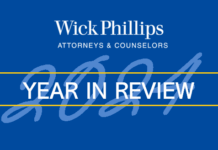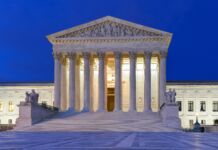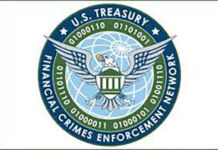
The Department of Labor (DOL) issued its third set of guidance this past weekend providing 21 new questions and answers regarding the Families First Coronavirus Response Act (FFRCA). All of the DOL’s questions and answer regarding the FFRCA can be found here: https://www.dol.gov/agencies/whd/pandemic/ffcra-questions. Though not implementing regulations (the DOL has yet to issue those), the guidance is important insight into how the DOL intends to interpret the FFCRA.
There were several important Q&A’s, but of particular importance to those in the health care industry is the question – “what is a ‘health care provider’ under the statute?” The statute excludes “health care providers” from coverage, meaning those individuals are not entitled to mandatory paid sick leave or extended FMLA benefits. How “health care provider” is defined has been a hot topic in labor and employment circles.
The definition, which is copied below, is broad. It will likely have a significant impact on many employers, and it will surprise many otherwise eligible personnel who, because of this exclusion, will not be eligible to emergency paid sick leave or job-protected (and paid) FMLA.
- Who is a “health care provider” who may be excluded by their employer from paid sick leave and/or expanded family and medical leave?
For the purposes of employees who may be exempted from paid sick leave or expanded family and medical leave by their employer under the FFCRA, a health care provider is anyone employed at any doctor’s office, hospital, health care center, clinic, post-secondary educational institution offering health care instruction, medical school, local health department or agency, nursing facility, retirement facility, nursing home, home health care provider, any facility that performs laboratory or medical testing, pharmacy, or any similar institution, employer, or entity. This includes any permanent or temporary institution, facility, location, or site where medical services are provided that are similar to such institutions.
This definition includes any individual employed by an entity that contracts with any of the above institutions, employers, or entities institutions to provide services or to maintain the operation of the facility. This also includes anyone employed by any entity that provides medical services, produces medical products, or is otherwise involved in the making of COVID-19 related medical equipment, tests, drugs, vaccines, diagnostic vehicles, or treatments. This also includes any individual that the highest official of a state or territory, including the District of Columbia, determines is a health care provider necessary for that state’s or territory’s or the District of Columbia’s response to COVID-19.
To minimize the spread of the virus associated with COVID-19, the Department encourages employers to be judicious when using this definition to exempt health care providers from the provisions of the FFCRA. [emphasis added]
We will continue to provide updates as new information is released. Should you have any questions, please feel free to contact one of the Firm’s labor and employment attorneys.
View PDF




